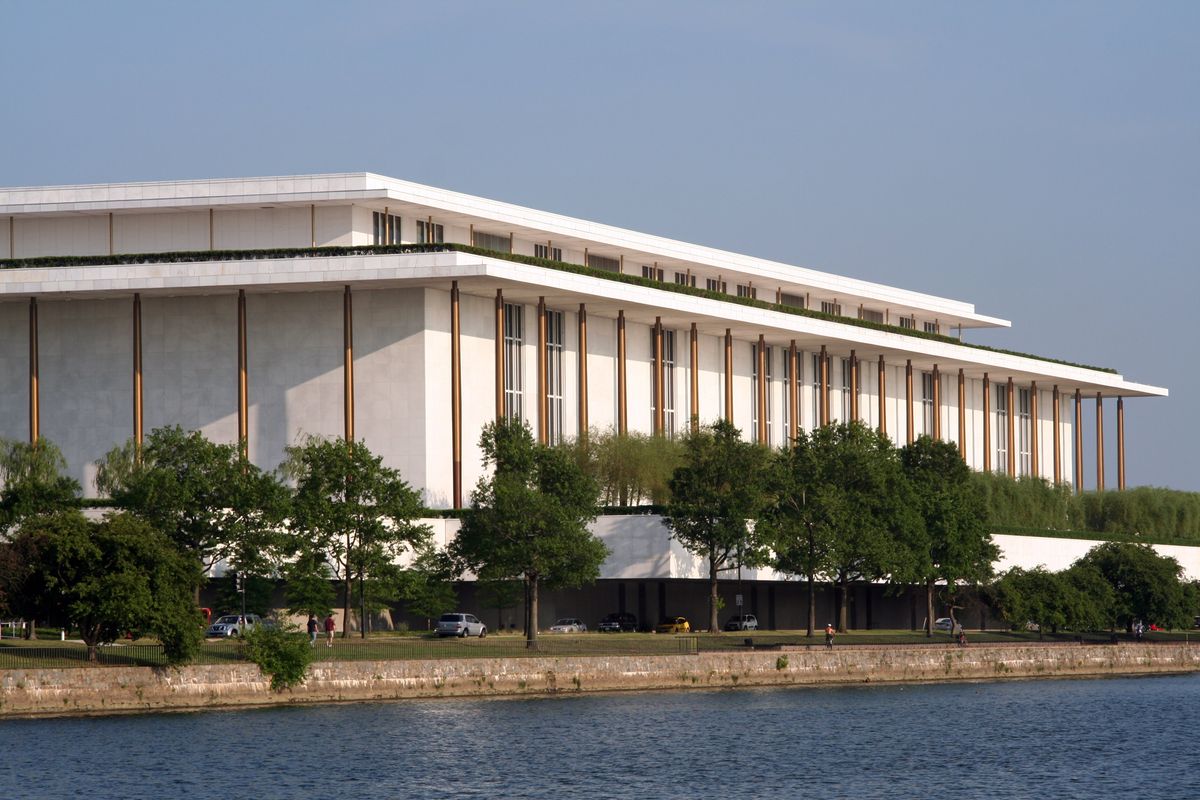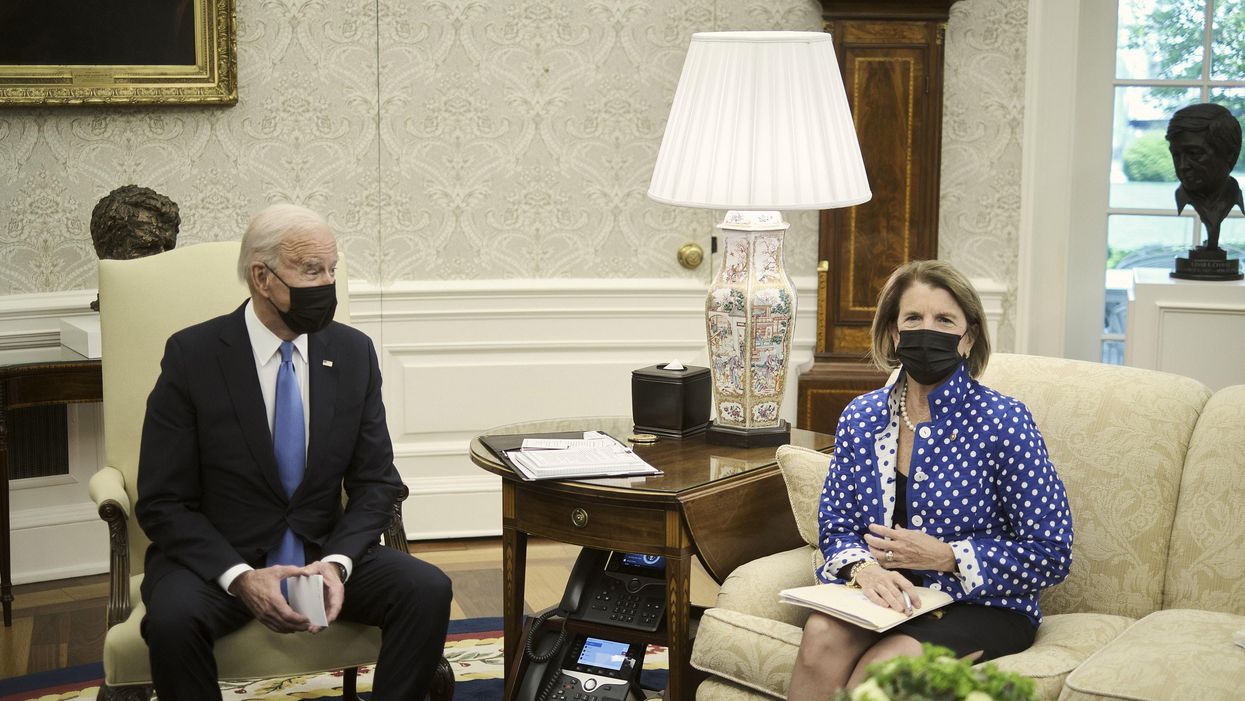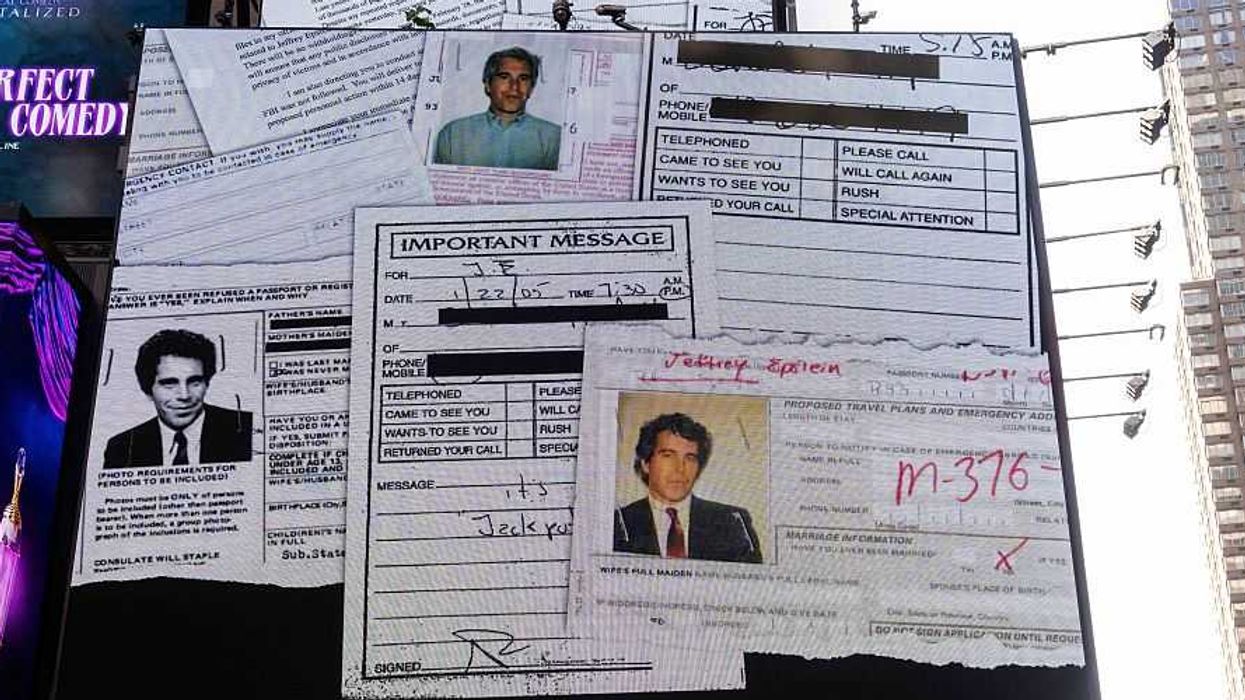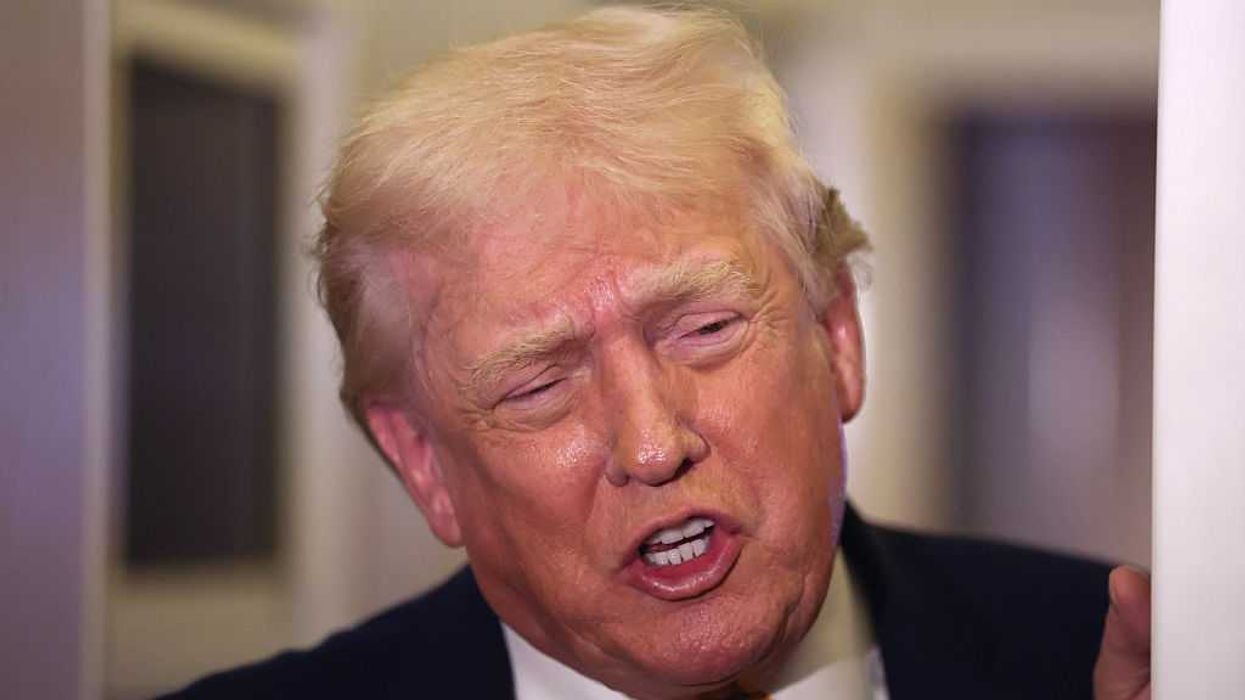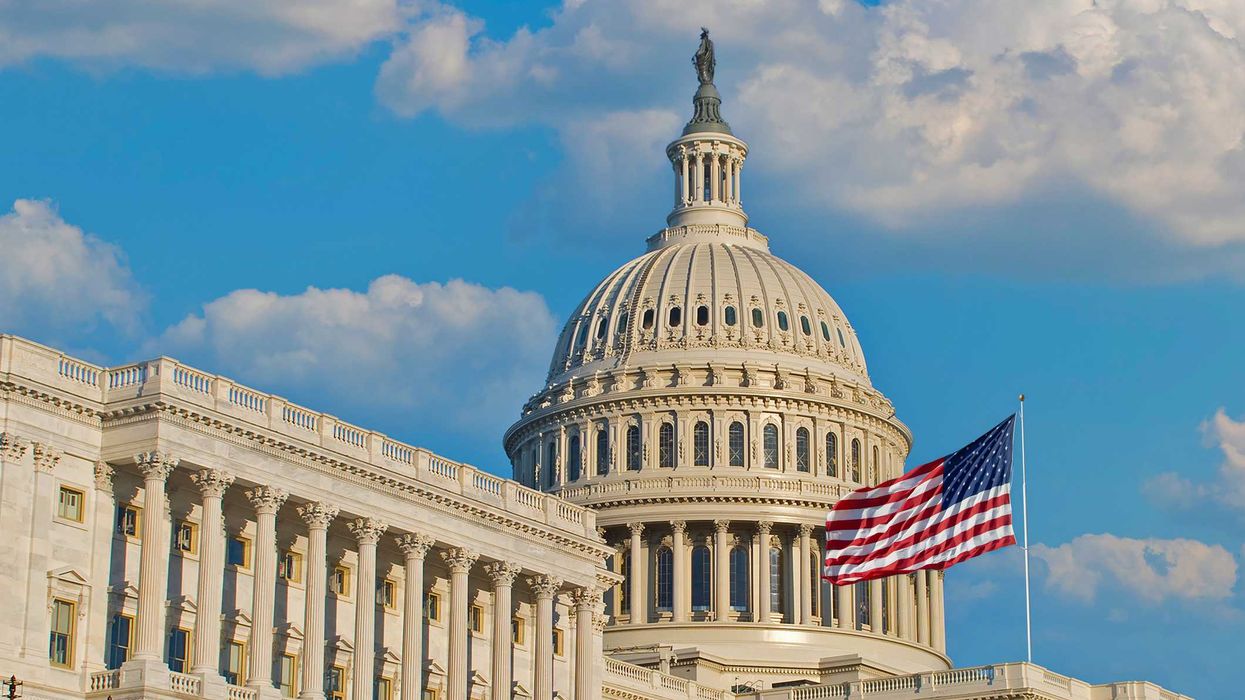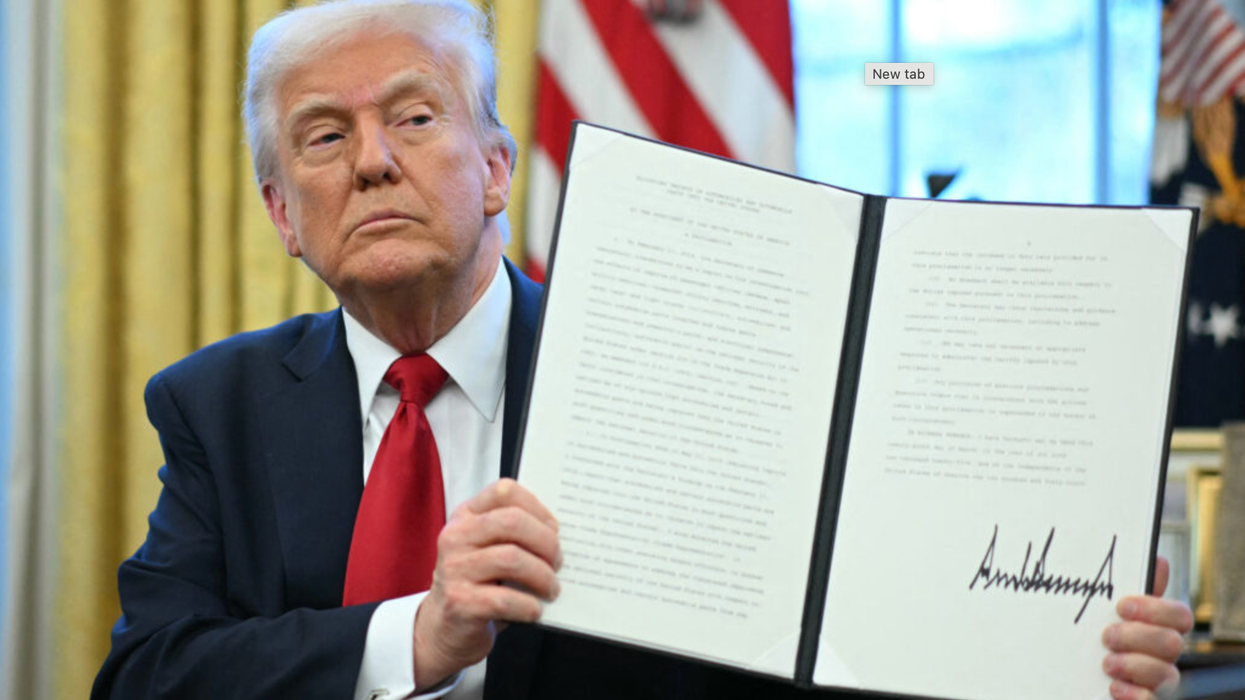So-called dark money organizations typically play to the extremes in politics, but one group is trying to build support in the center for its legislative priorities.
WorkMoney, a liberal political advocacy nonprofit, is trying to boost President Biden's multitrillion-dollar infrastructure and jobs agenda. It is spending $2 million on Facebook and Google ads to corral moderate Democrats and Republicans in the evenly divided Senate.
The group is one example of a dark money organization — a politically active nonprofit that is not required to disclose its donors and takes advantage of that leniency. Corporations, individuals and unions may make unlimited donations to such groups, increasing their influence over elections without any accompanying transparency.
WorkMoney describes itself as an organization "dedicated to lowering costs and raising incomes for all Americans, making American life more affordable and American families economically secure." The dark money group was created last year at the height of the pandemic.
CJ Grimes, a long-time union organizer who formed WorkMoney, told CNBC that her group has raised $20 million since its founding. According to the Facebook Ad Library, WorkMoney has spent more than $5 million for paid positions on the social media platform. And during the 2020 election, WorkMoney spent more than $230,000 supporting the campaigns of Biden and Georgia's new Democratic senators, Jon Ossoff and Raphael Warnock, per filings with the Federal Election Commission.
The ads running on Facebook encourage viewers to "stand up for American jobs" and contact their elected officials. After clicking on the ad, viewers are taken to a separate website where they can "sign the petition" supporting the infrastructure legislation.
"Many in Congress are hearing from special interests, pushing to cut the parts of this plan that could really get our economy going," the website reads. "It's time to quit the partisan games and invest in real American jobs. Tell your Congressperson: Pass the American Jobs Plan."
Biden's wide-ranging $2 trillion package would rebuild roads and bridges across the country, remove all lead pipes from the nation's water system and invest in other infrastructure projects, while — its proponents claim — also generating millions of jobs. It also focuses on utilizing more renewable energy and addressing racial inequities in the economy. The president has said the legislation should be paid for by raising the corporate tax rate to 28 percent — up from the current 21 percent rate but still lower than it was prior to 2017.
The moderate lawmakers WorkMoney is targeting include Democratic Sens. Joe Manchin of West Virginia and Kyrsten Sinema of Arizona, and Republican Sens. Lisa Murkowski of Alaska, Pat Toomey of Pennsylvania and Shelley Moore Capito of West Virginia.
"WorkMoney members are talking to moderate Republicans and moderate Democrats because they are the ones who are most likely to shape the legislation that ultimately passes," Grimes told CNBC. "These moderates on both sides of the aisle are the politicians who most need to hear from their constituents."
To pass in the Senate, the infrastructure legislation would need the support from all of these moderates, plus at least seven more Republicans, to reach the 60-vote threshold.
In 2020, dark money groups spent more than $1 billion on federal elections, according to OpenSecrets, continuing an exponential growth pattern that began when the Supreme Court opened the floodgates with its 2010 ruling in the Citizens United case.
Dark money had initially benefited Republicans more than Democrats, but the numbers have gone the other way over the past two election cycles.



